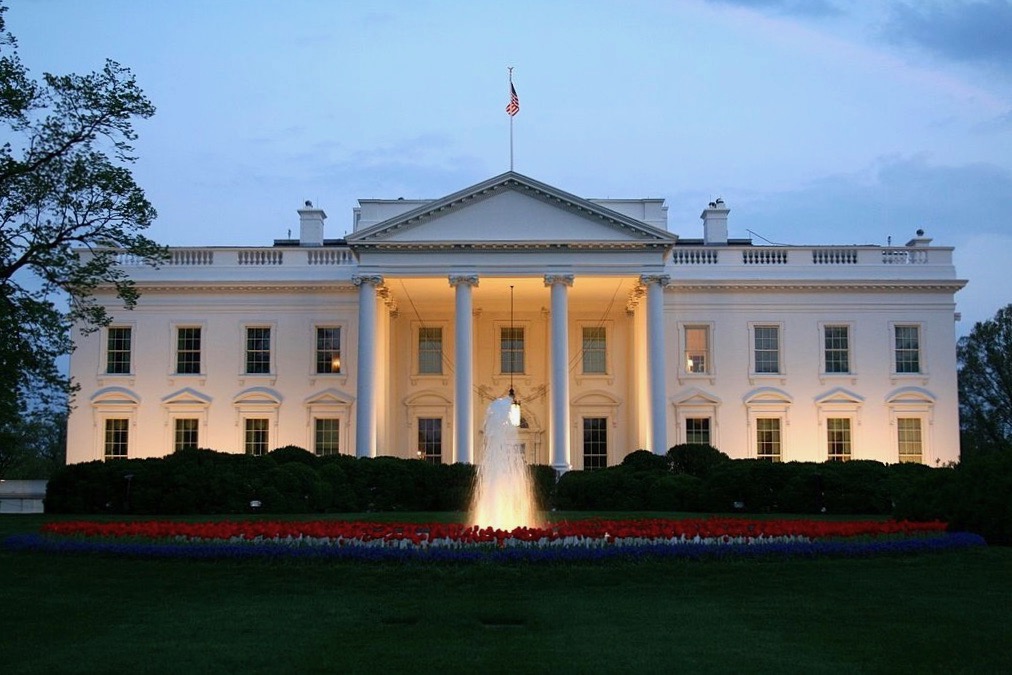McGahn's Defense of the Office of the White House Counsel
Thursday night's New York Times report of the president’s failed move in June 2017 to dismiss Special Counsel Robert Mueller lays out a basic narrative: President Trump ordered Mueller’s firing, but relented when White House counsel Don McGahn threatened to resign over the matter. Yet it leaves a number of interesting questions unanswered. More detail may still emerge about the conflict between the president and his White House counsel.

Published by The Lawfare Institute
in Cooperation With

Thursday night's New York Times report of the president’s failed move in June 2017 to dismiss Special Counsel Robert Mueller lays out a basic narrative: President Trump ordered Mueller’s firing, but relented when White House counsel Don McGahn threatened to resign over the matter. Yet it leaves a number of interesting questions unanswered. More detail may still emerge about the conflict between the president and his White House counsel. In the meantime, reasonable speculation is all that is available to fill in the gaps.
As Susan Hennessey, Quinta Jurecic and Benjamin Wittes wrote, the president was simmering mad about Mueller last June. The Times reported then that he was considering a firing, and at least one reason—Mueller’s purported conflicts of interest—showed up in the account of the reasons he thought he might have. Allies, like Newt Gingrich, were publicly stoking the president’s rage toward Mueller.
In that same month, the press also reported that the president’s personal lawyer at the time, Marc Kasowitz, was considering establishing an office in the White House and was communicating with potential witnesses on the White House staff. Kasowitz appeared to be disregarding the difference between his personal representational role and those official responsibilities that properly fall to the White House counsel. Other lawyers recruited to help with the Russia probe reportedly declined out of concern that Kasowitz was “undermining” McGahn. Also in June, the press reported that the president was disaffected with McGahn. Trump apparently blamed his chief legal adviser for (among other grievances) Attorney General Jeff Sessions’ recusal from the Russia investigation. Kasowitz’s stock was rising; McGahn’s was dropping fast.
By the time of the reported order to dismiss Mueller, it would appear that McGahn faced a president who was losing confidence in him and was moving toward a legal advisory arrangement well outside regular institutional order. The confrontation over Mueller may have been more than a struggle over the specific decision to fire Mueller. No less significant was the role and credibility of the Office of the White House Counsel. The circumstances surrounding the order to McGahn—Kasowitz’ ascent and McGahn’s fall from favor—would have increased the pressure on the White House counsel to assert the primacy of his position as legal adviser to the president on an official and highly consequential action.
Of course, McGahn would have had every reason to object to the peculiar, if not wholly specious, grounds that the president apparently asserted for a firing. What counsel would have wished to advise the Justice Department that Mueller’s fatal “conflict” arose out of his unwillingness to remain a member of a Trump golf facility that had raised its fees?
McGahn just as likely understood the high stakes for his office and for his credibility within the administration. The president was asking that McGahn carry out an order with which he strongly disagreed—an order perhaps designed in the first instance in consultation with Kasowitz, his personal lawyer. McGahn would then be acting as mere messenger for an action certain to plunge the White House into controversy and further legal difficulty. McGahn would have shared in the blame but not the actual responsibility. He would have obeyed Trump’s command in an institutionally weakened state, suffering more weakness as the predictable result.
It is interesting that McGahn may have made his intention to resign clear, but according to the Washington Post, he did not communicate it directly to the president. He seems to have been keeping his distance—or otherwise his relationship with the president may have become distant. It is striking that a Counsel to the President who considered resigning at any time, much less in these circumstances, would rely on others to send the message. That this may have happened certainly suggests that McGahn was at the time functioning, at least in relation to Russia matters, on the periphery of the president’s inner advisory circle.
It appears that McGahn got his objection effectively across to Mr. Trump, if only by raising the cost of the dismissal. He seems to have succeeded in blocking a bad decision, but also in defending the role and authority of the office he heads. Kasowitz was soon gone. Don McGahn has remained in place.



.jpg?sfvrsn=912f39e2_5)
